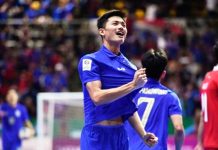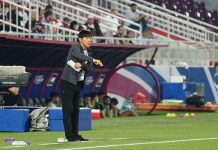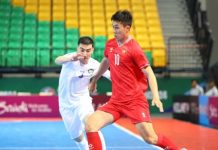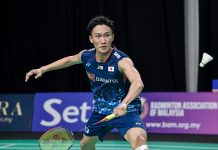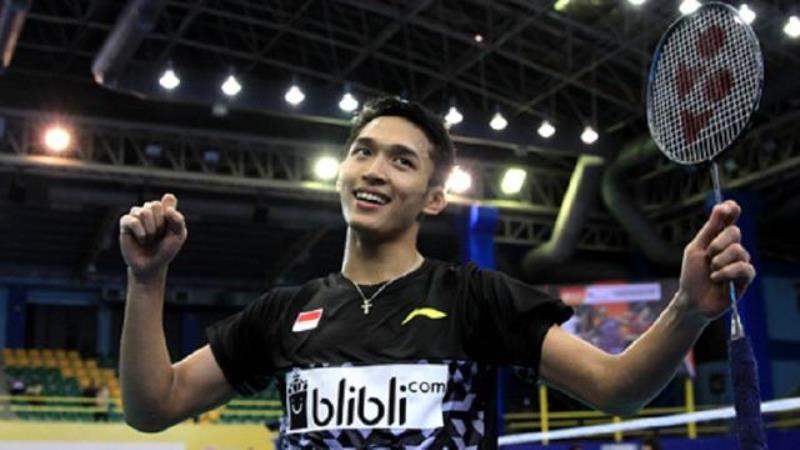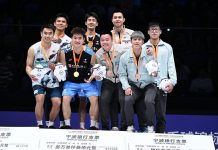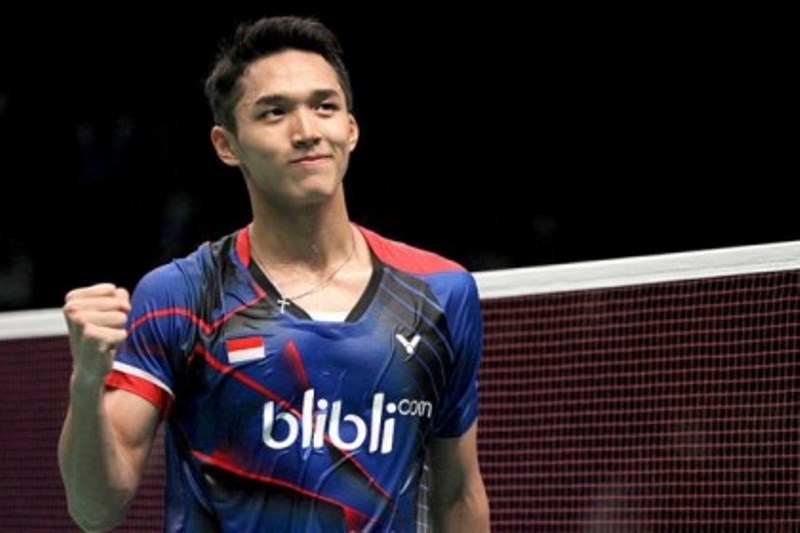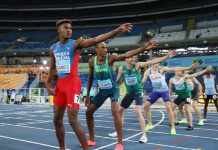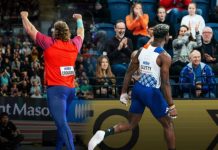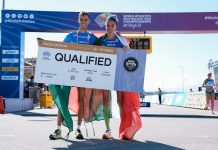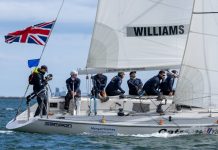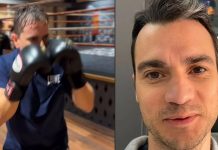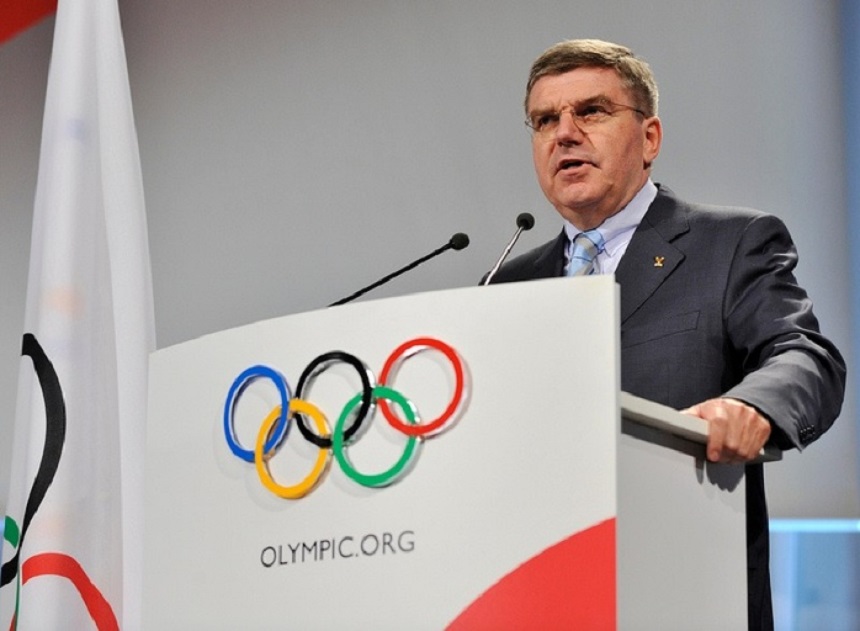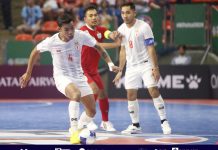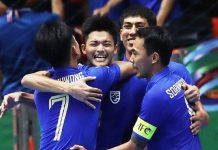
International Olympic Committee (IOC) President Thomas Bach has warned Russia that attempts to influence final decisions following the completion of their two anti-doping investigations next month will be unsuccessful.
Bach claimed that the “15 experienced members” of the IOC Executive Board will not be affected by pressure “from whatever side” when they make their final verdict on December 5 on Russian participation at next year’s Winter Olympics in Pyeongchang.
It will follow the completion of their two 16-month Schmid and Oswald investigations into evidence of doping and sample tampering by home athletes at the previous Games in Sochi first published in the World Anti-Doping Agency-commissioned McLaren Report.
Bach also adopted stronger language today when claiming that they must take an action which reflects something threatening the integrity of the Olympic Games.
“We do not know what the results of this [Schmid] Commission will be,” he told delegates at the European Olympic Committees (EOC) General Assembly.
“But there are two issues which I think are important to mention.
“First of all, to emphasise once more that, with the result of these two Commissions, we are at the end of a fair procedure and following the due process to which every individual or organisation is entitled to.
“Then, only after following such a due process, we can take a decision.
“I do not know what the decision will be, but it will be a fair decision.
“It will be a decision which some think they can influence it, one way or another and try to build what they consider to be pressure on the IOC Executive Board.
“What I can tell you there, from whatever side some may try to build pressure, they will be wrong.
“The IOC Executive Board is used to these kind of situations.
“There are 15 experienced members who, in the end, will look at facts and the conclusions of the Commissions and then take a fair decision with regard to the participation of Russia in Pyeongchang or any other issue that we have to consider there.”
There are growing signs that the IOC are leaning towards a stronger sanction for Russia such as permitting athletes to compete only as individuals at Pyeongchang 2018, rather than under their own flag.
Russian Olympic Committee President Alexander Zhukov responded to this suggestion by threatening to boycott the Games.
Kontinental Hockey League President Dmitry Chernyshenko – the former President and chief executive of Sochi 2014 – warned that they may prevent international players from leaving to play at Pyeongchang 2018.
They are other Russian figures have also repeatedly rejected any allegations of institutional involvement in a doping regime and claimed they are the victim of a United States-led witch-hunt designed to influence next year’s Russian Presidential election.
These comments were not specifically mentioned by Bach today, but insidethegames understands that it was a backlash against these and other responses.
The tone was very different from a similar speech during the Association of National Olympic Committees General Assembly in Prague earlier this month, where Bach accused only anti-doping organisations of making “unacceptable” calls for a specific punishment before their investigations had been completed.
He also omitted any reference to “individual justice” being more important than collective responsibility this time around.
This had been something that had peppered IOC responses ever since they decided against any sort of Russian suspension from Rio 2016.

“There is one clear difference to the situation before the Olympic Games Rio 2016,” Bach said
“This difference is that, now, we have had the opportunity to follow due process and we have had the opportunity to give everybody a fair hearing.
“Now, and this is the most important difference, maybe, it is about what happened at the Olympic Winter Games Sochi 2014.
“Now it is about us.
“Now it is about the integrity of the Olympic Games.
“Now it is about what happened at an Olympic Games, in a laboratory of the Olympic Games.
“What happened with Olympic athletes and with Olympic medallists.
“This is what we have to bear in mind when I say we will take a fair decision.”
Janez Kocijancic, the Slovenian acting EOC President, had interjected after Bach’s speech in Prague to criticise any sort of collective punishment for Russian doping.
Today, however, he did not defend Russia.
A total of 14 Russians – include three Olympic champions – have so far been disqualified for doping at 2014 after appearing in front of the Commission chaired by IOC Executive Board member Denis Oswald.
All those sanctioned deny wrongdoing and have vowed to appeal to the Court of Arbitration for Sport.



